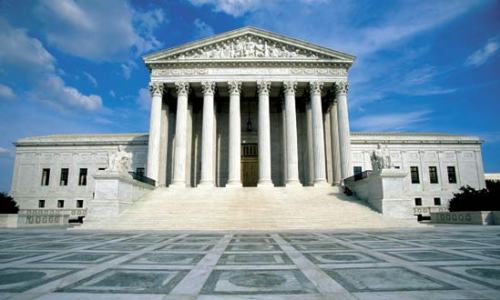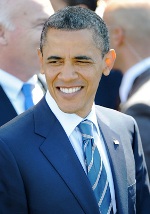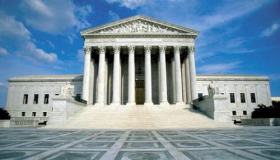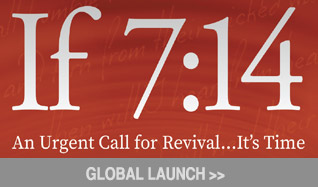 In a blog post released Wednesday, President Obama offered what he called “spoiler-free insights” into who he will nominate to replace the late Justice Antonin Scalia, a stalwart constitutionalist, on the U.S. Supreme Court.
In a blog post released Wednesday, President Obama offered what he called “spoiler-free insights” into who he will nominate to replace the late Justice Antonin Scalia, a stalwart constitutionalist, on the U.S. Supreme Court.
Only, there are some spoilers in the post, and what they reveal is troubling.
President Obama lists three criteria he says he will use in evaluating potential nominees. The first, that the candidate be “eminently qualified” with “a sterling record” of “excellence and integrity,” is exemplary. A bit vague, but commendable.
The second criterion, someone “who recognizes the limits of the judiciary’s role; who understands that a judge’s job is to interpret the law, not make the law” is almost right. The judge’s job is to apply the law, not come up with new “interpretations” according to some modern understanding, yet Obama is exactly right that the judiciary’s role is limited and absolutely excludes making laws.
Were Obama’s nominee to honor this role and refrain from the judicial activism we have seen in the Court over the last several decades, it would mark the very return to constitutional government that conservatives have been clamoring for and that will preserve American liberties.
Yet it’s natural to wonder where this criterion was when Obama nominated his last two picks.
Obama appointee Elena Kagan, in her confirmation hearings, openly admitted that amendments weren’t the only way to “change” the Constitution, but that Supreme Court justices could do it, too. And Obama appointee Sonia Sotomayor scoffed at the notion of “judicial activism,” arguing it doesn’t even exist. Yet the two justices’ record since reveals judicial activism is very much alive and well.
 Has President Obama suddenly had a change of heart, or is this an empty platitude?
Has President Obama suddenly had a change of heart, or is this an empty platitude?
His third criterion for selecting a Supreme Court nominee, which Obama summarizes as “an understanding of the way the world really works,” reveals the troubling answer.
“But … there will be cases in which a judge’s analysis necessarily will be shaped by his or her own perspective, ethics, and judgment,” the president writes.
“Shaped by his or her own perspective,” Obama suggests, not shaped by the U.S. Constitution or the original intent of the Founders.
And to reach “fair outcomes,” Obama continues, the candidate he seeks must show he or she “grasps the way [the law] affects the daily reality of people’s lives in a big, complicated democracy, and in rapidly changing times.”
Obama’s words reveal the underlying progressive philosophy that the law must change to reflect our culture’s changing morals and values. And if judges have to alter our laws or Constitution, as Justice Kagan suggested, to fit our “rapidly changing times,” then so be it. This is the very definition of a liberal, activist judge and a complete contradiction of Obama’s second stated criterion.
Furthermore, Obama omits from his criteria even one reference to suggest judges be faithful to or adhere to the Constitution. It’s nowhere in there.
In fact, the only time Obama even mentions the Constitution in his blog post is when referring to his presidential duty to nominate someone and the Senate’s duty to debate and confirm his nominee.
If Obama’s selection process parallels his writing about the process, we should expect he’ll seek judges more concerned about how the law “affects people’s lives … in rapidly changing times” than about whether the law is constitutional or not. And if that’s his primary concern … America has every reason to be very concerned indeed.



